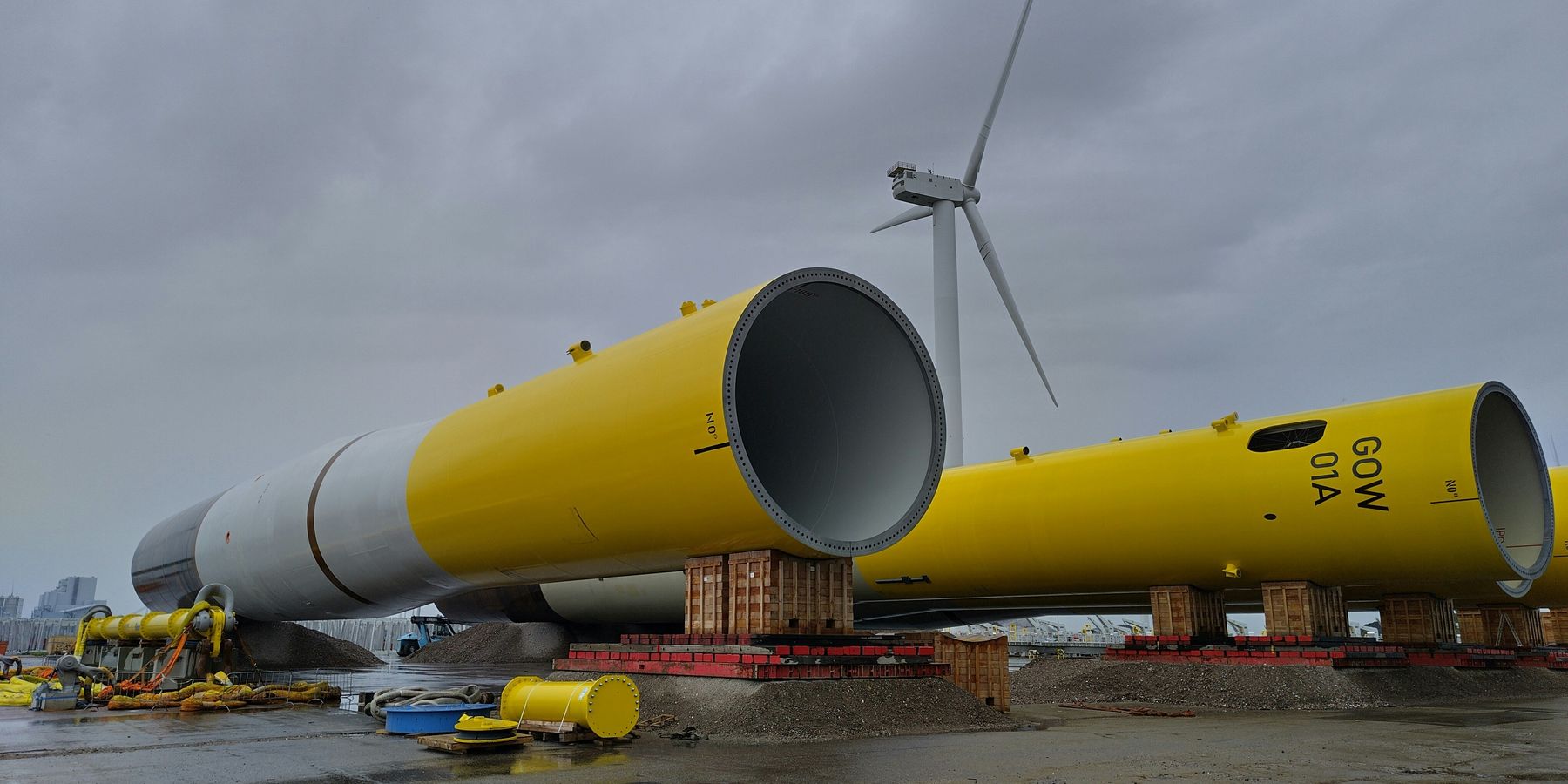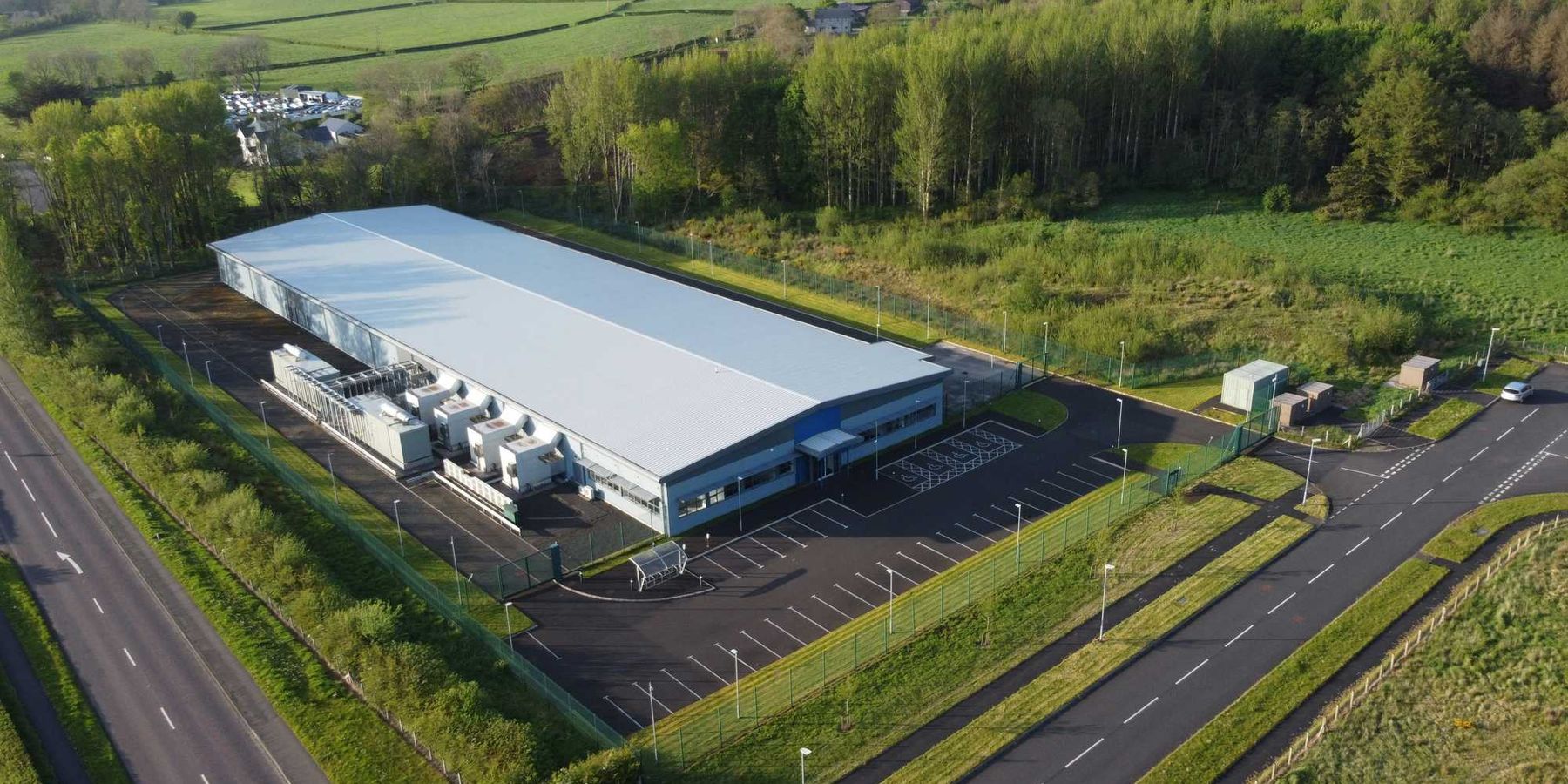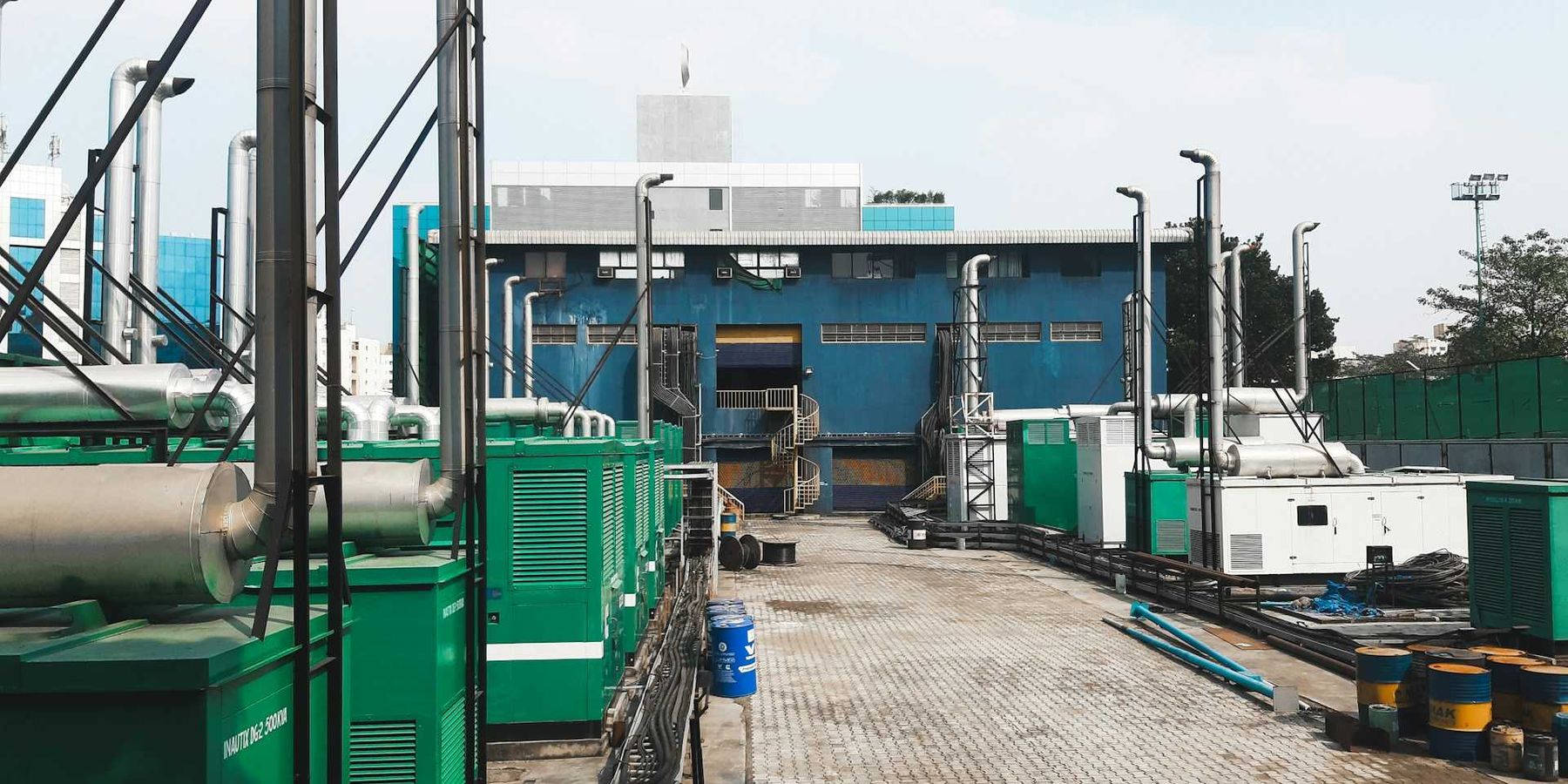Solar panel recycling plant planned to boost Florida’s clean energy economy
As hurricane-damaged solar panels continue to flood Florida landfills, a startup aims to build one of the nation's largest solar recycling plants to recover valuable metals and ease supply chain pressures.
Alexander C. Kaufman reports for Canary Media.
In short:
- OnePlanet Solar Recycling, based in Jacksonville, raised $7 million to develop a $90 million recycling facility in Green Cove Springs, Florida, aiming to open in 2027.
- The company’s proprietary process uses artificial intelligence and sensors to separate and recover up to 97% of metals like copper and aluminum from broken solar panels.
- A $14.5 million federal tax credit under the Inflation Reduction Act supports the project, though uncertainties remain over future federal backing.
Key quote:
The funding “reflects our belief that solar module recycling is not only necessary — it is investable at scale, with durable tailwinds driven by regulation, economics, and resource security."
— Ashlynn Horras, partner at the climate-focused venture firm Khasma Capital
Why this matters:
Solar energy is booming across the U.S., but the industry faces a growing waste problem as damaged or outdated panels accumulate. Recycling offers a critical solution, keeping heavy metals and plastics out of landfills while feeding valuable materials back into the economy. Copper, silicon, and aluminum are essential not just for solar but for a range of clean energy technologies. With tariffs raising the cost of imported raw materials, domestic recycling could ease supply bottlenecks and lower the environmental toll of mining. Florida, hit hard by storms that shatter solar infrastructure, is a key testing ground for solutions like OnePlanet’s. As extreme weather intensifies and clean energy expands, developing efficient recycling systems could help stabilize the market and minimize environmental harm.













